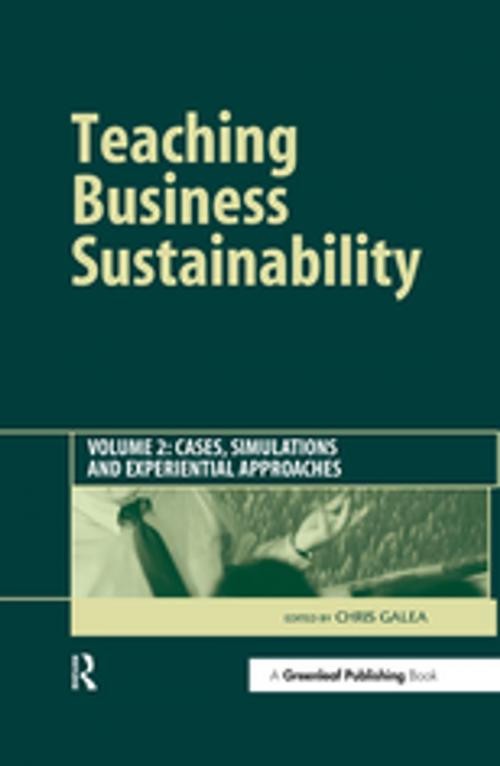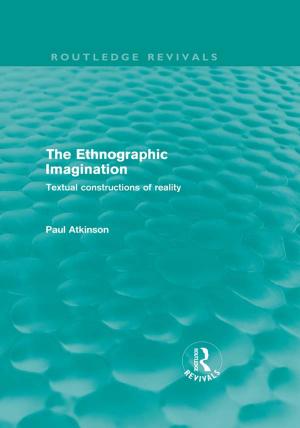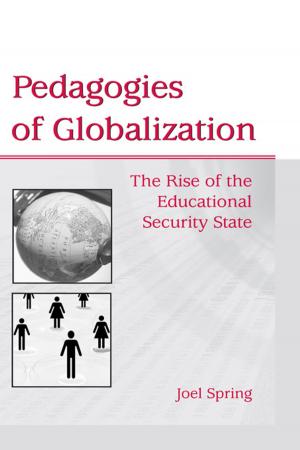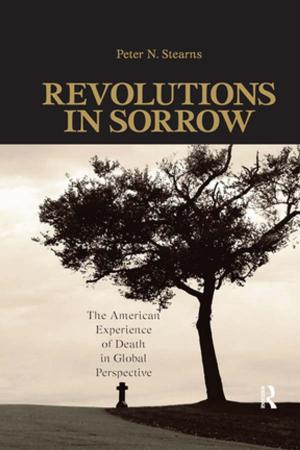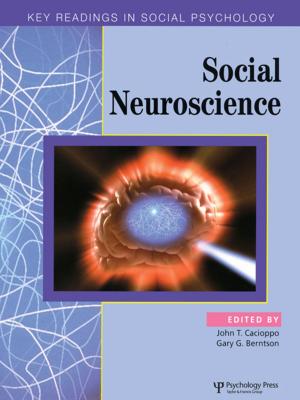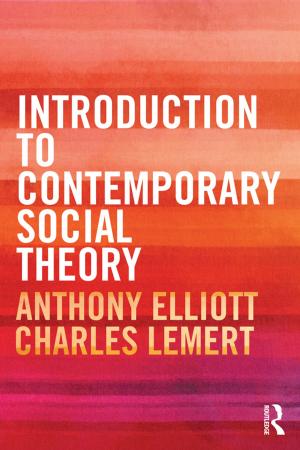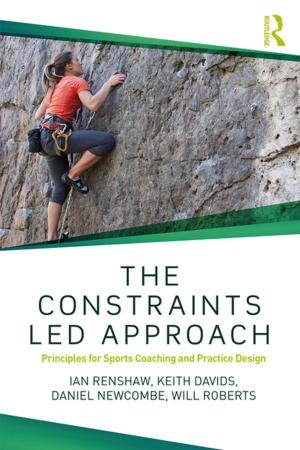Teaching Business Sustainability Vol. 2
Cases, Simulations and Experiential Approaches
Nonfiction, Reference & Language, Education & Teaching, Educational Theory, Adult & Continuing Education, Business & Finance, Business Reference, Business Ethics| Author: | ISBN: | 9781351281188 | |
| Publisher: | Taylor and Francis | Publication: | September 8, 2017 |
| Imprint: | Routledge | Language: | English |
| Author: | |
| ISBN: | 9781351281188 |
| Publisher: | Taylor and Francis |
| Publication: | September 8, 2017 |
| Imprint: | Routledge |
| Language: | English |
If there is one area of business education that requires out-of-the-box, creative thinking it is sustainability. Business sustainability, because of its relative newness (and hence uncertainty), its dependence on interdisciplinary thinking, its need to work with different stakeholders and its non-traditional operating approaches, demands that we train our managers in wholly new ways. This need for new and non-traditional teaching approaches is reflected in this collection of unorthodox teaching pedagogies. The underlying philosophy behind them is that deep learning for sustainability needs ultimately to be experiential: that is, learning while doing rather than a passive absorption of facts and figures. While much of the underlying theory of sustainability may be taught using more traditional lecture and reading approaches, the implementation of true business sustainability requires students to experiment – to win and lose – while grappling with the myriad challenges and frustrations posed by sustainability: the same challenges and frustrations, one might add, that companies intent on implementing sustainability face on a daily basis in the world in which they operate. The aim is to create a learning environment where students themselves take control over their own learning. This book – a companion volume to Teaching Business Sustainability 1: From Theory to Practice (Greenleaf Publishing, 2004) – focuses on four main categories of experiential pedagogy: case studies, hands-on exercises, role-play simulations and active learning teaching exercises. It includes contributions from a range of experts in global sustainability education who provide their expertise with class-hardened teaching materials. Teaching Business Sustainability 2 will be an invaluable resource both for educators working in a wide range of academic disciplines, looking for inspiration and guidance on how to teach business sustainability, as well as for organisations looking to reinvigorate internal management education programmes to factor in corporate responsibility and sustainability issues.
If there is one area of business education that requires out-of-the-box, creative thinking it is sustainability. Business sustainability, because of its relative newness (and hence uncertainty), its dependence on interdisciplinary thinking, its need to work with different stakeholders and its non-traditional operating approaches, demands that we train our managers in wholly new ways. This need for new and non-traditional teaching approaches is reflected in this collection of unorthodox teaching pedagogies. The underlying philosophy behind them is that deep learning for sustainability needs ultimately to be experiential: that is, learning while doing rather than a passive absorption of facts and figures. While much of the underlying theory of sustainability may be taught using more traditional lecture and reading approaches, the implementation of true business sustainability requires students to experiment – to win and lose – while grappling with the myriad challenges and frustrations posed by sustainability: the same challenges and frustrations, one might add, that companies intent on implementing sustainability face on a daily basis in the world in which they operate. The aim is to create a learning environment where students themselves take control over their own learning. This book – a companion volume to Teaching Business Sustainability 1: From Theory to Practice (Greenleaf Publishing, 2004) – focuses on four main categories of experiential pedagogy: case studies, hands-on exercises, role-play simulations and active learning teaching exercises. It includes contributions from a range of experts in global sustainability education who provide their expertise with class-hardened teaching materials. Teaching Business Sustainability 2 will be an invaluable resource both for educators working in a wide range of academic disciplines, looking for inspiration and guidance on how to teach business sustainability, as well as for organisations looking to reinvigorate internal management education programmes to factor in corporate responsibility and sustainability issues.
